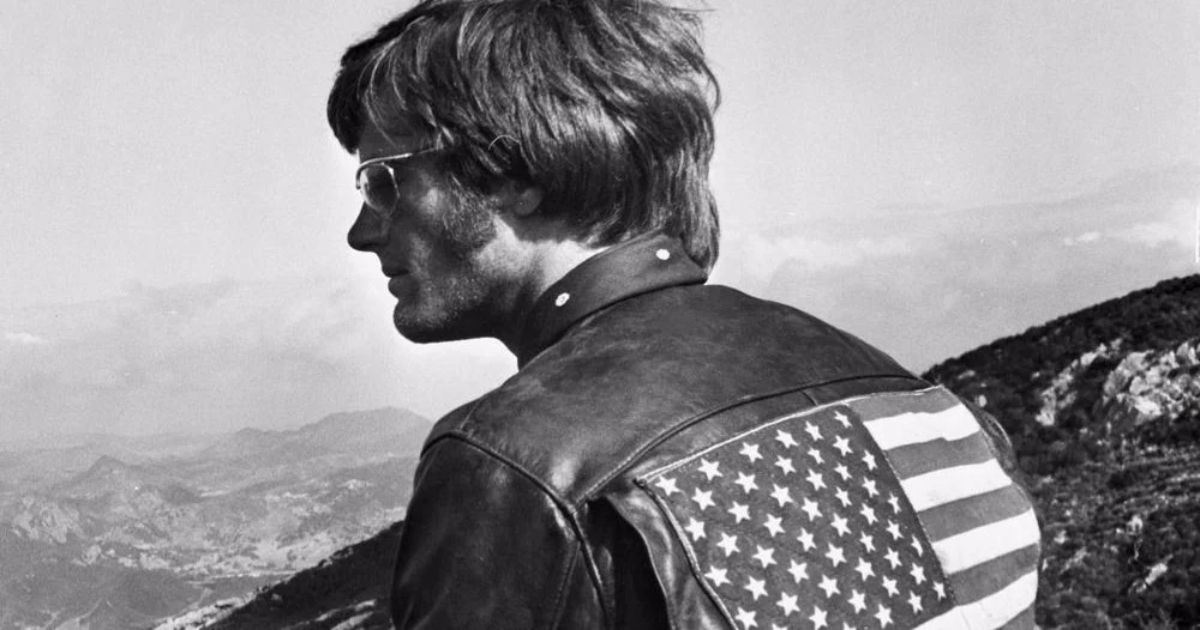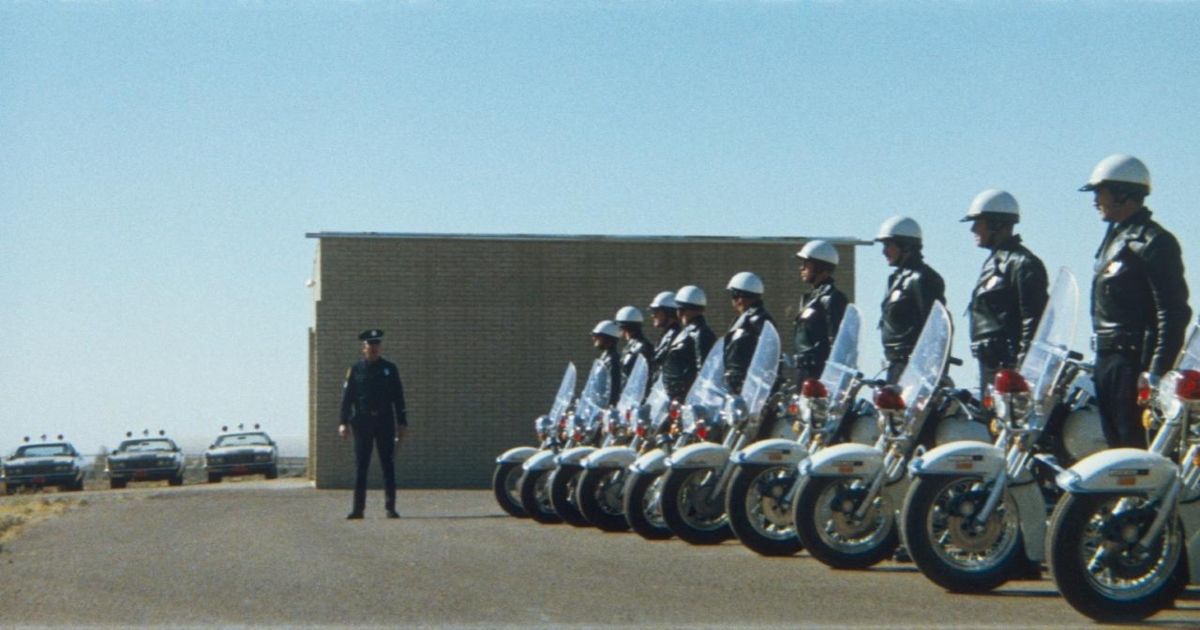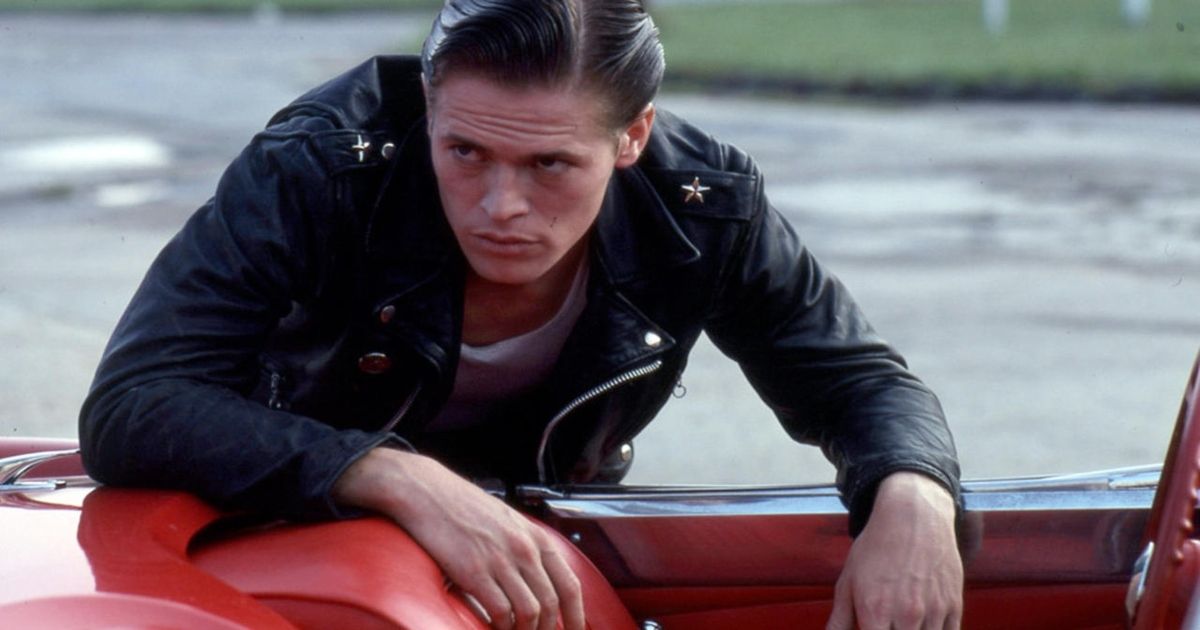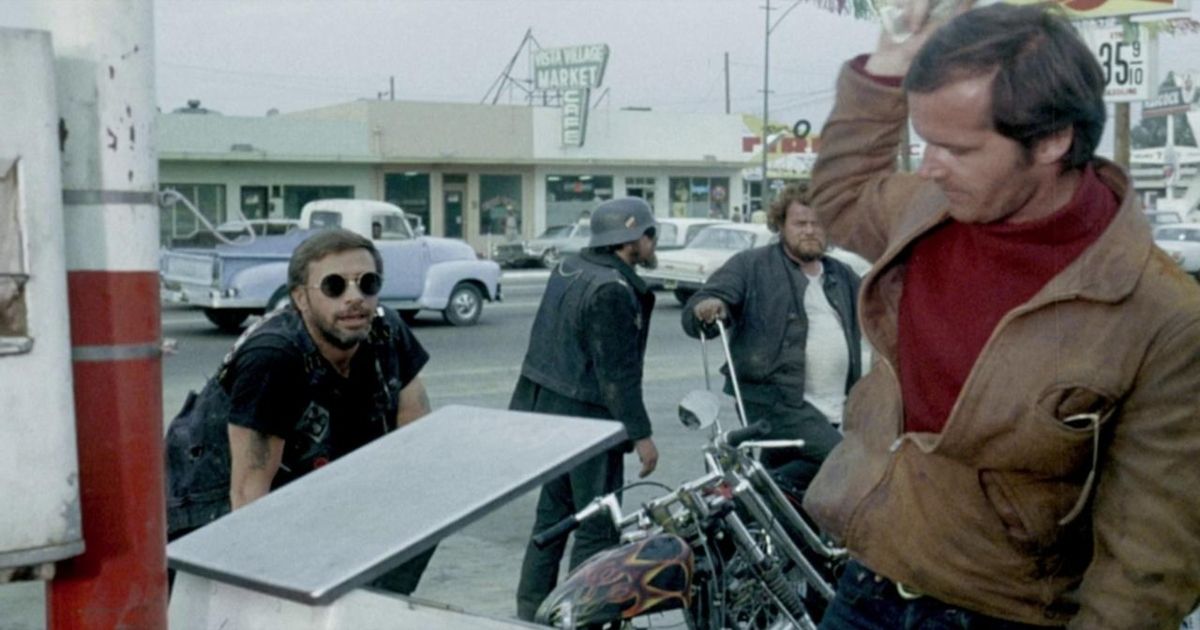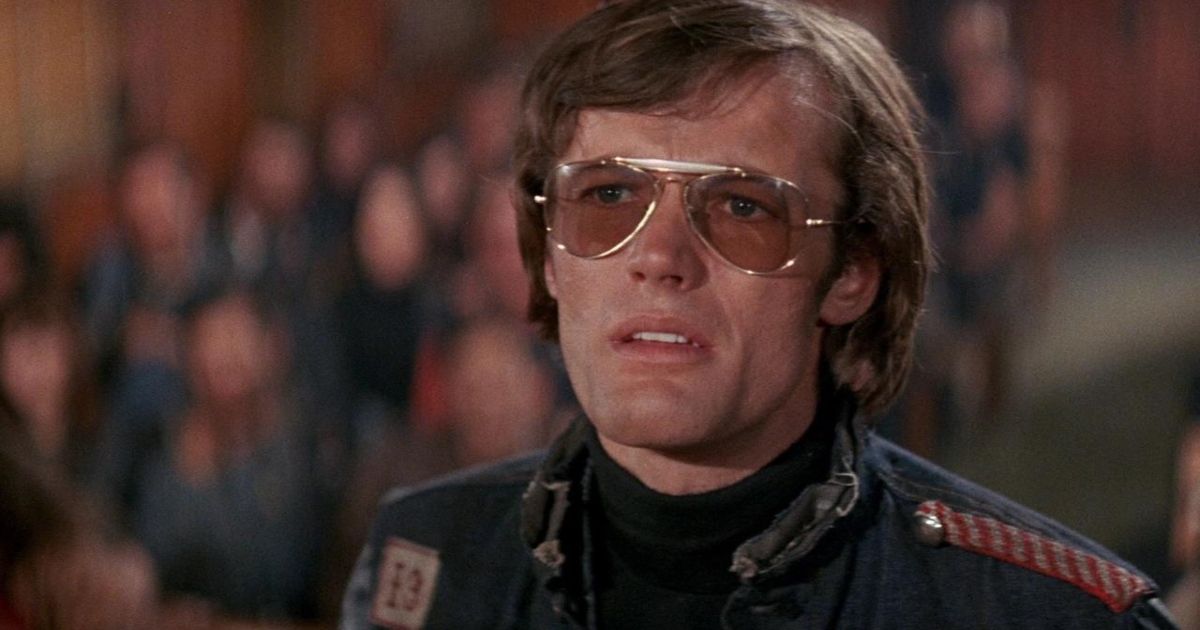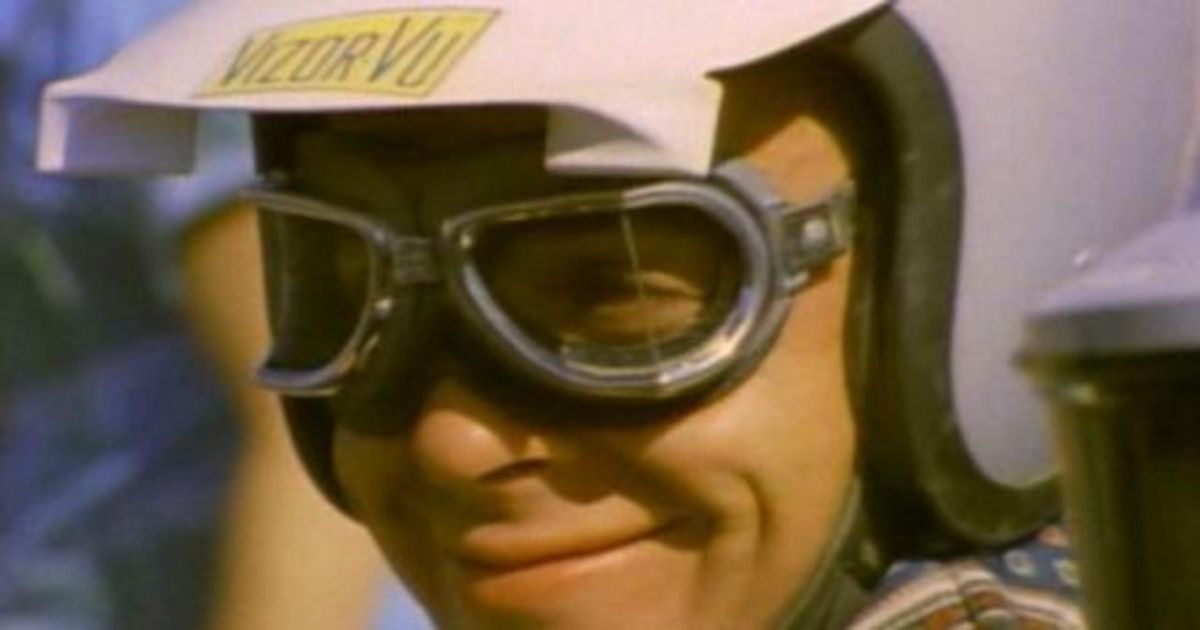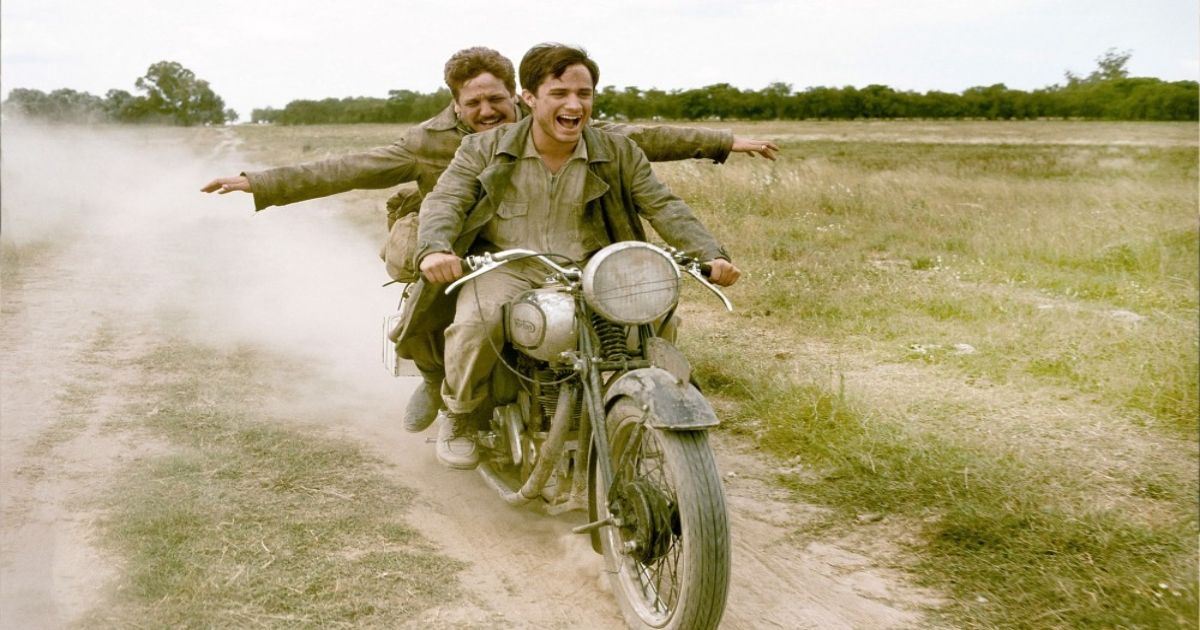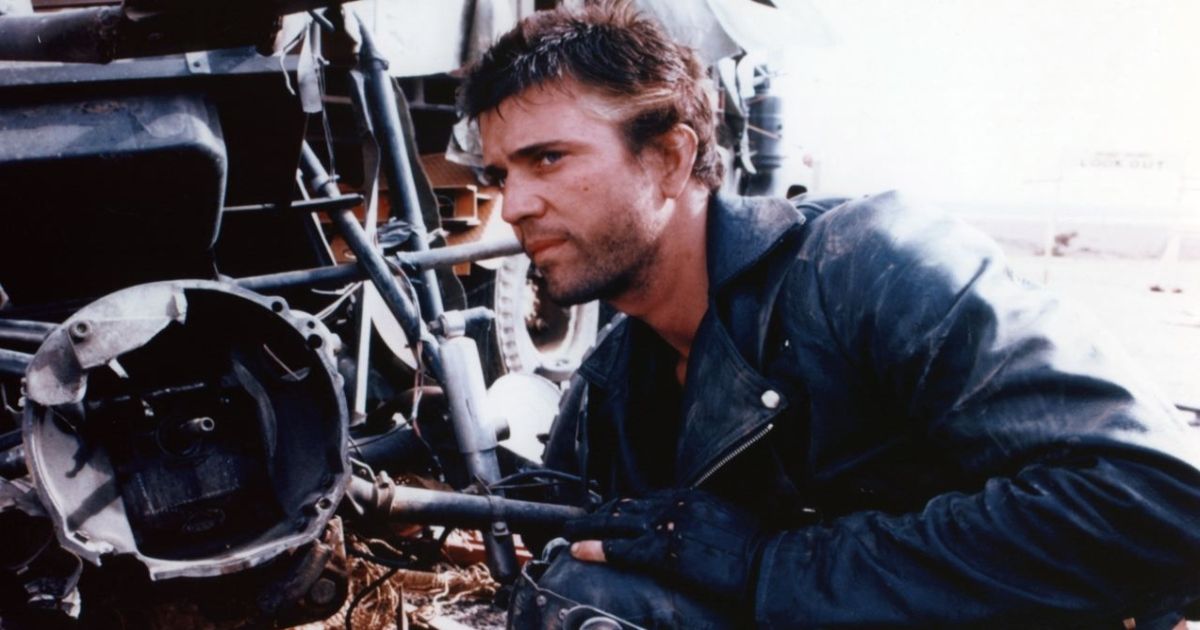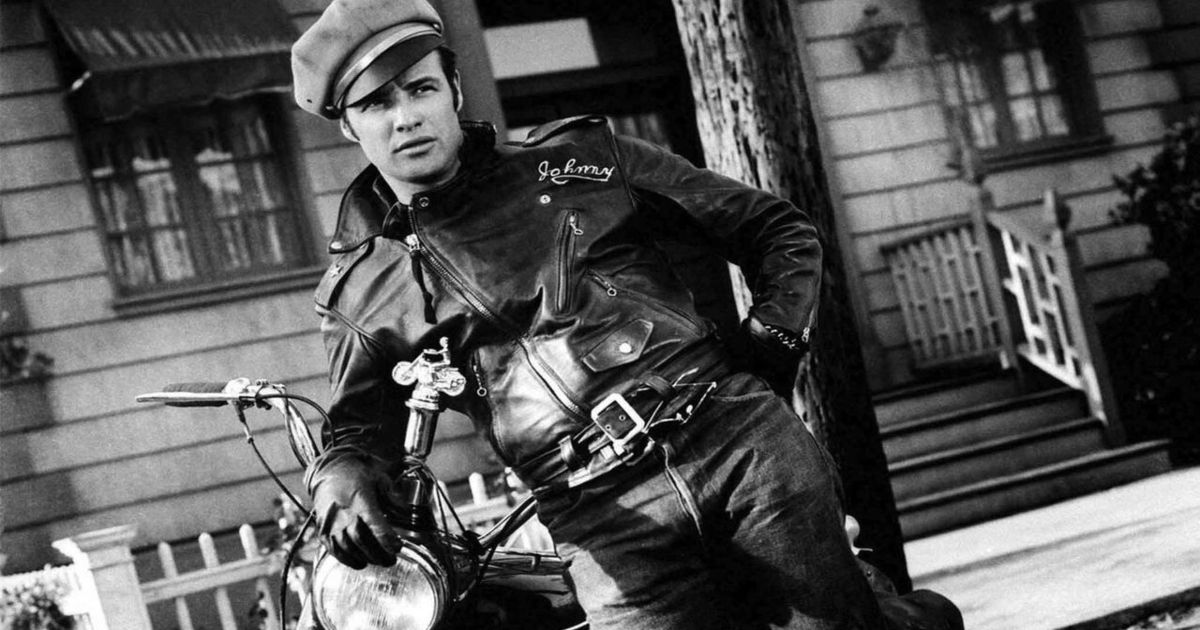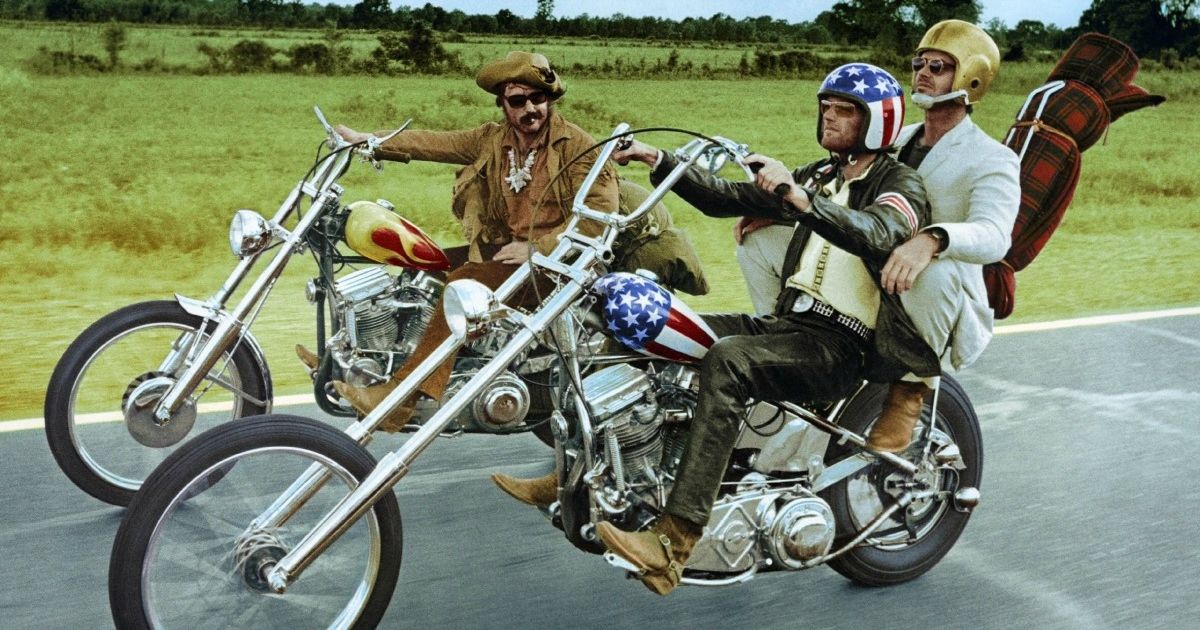Biker gangs and outlaws have been showing up in Hollywood for years, with both television and films often depicting the misunderstood misfits. For decades, renowned filmmakers have told unique and spellbinding tales about motorcycle riders, with the 1953 Marlon Brando classic The Wild One widely regarded as the original outlaw biker picture that set the precedent for future flicks. The 1960s and ‘70s became notorious for the many motorcycle movies that graced the silver screen, with the 1969 independent road drama Easy Rider helping inspire the New Hollywood era of filmmaking in which young and innovative directors rose to prominence.
Some of the brightest stars in show business appeared in such films, such as renowned performers like Jack Nicholson, Peter Fonda, Mel Gibson and Dennis Hopper. Whether you’re in the mood to watch an insightful and inspiring documentary about road racers, a dystopian action movie with intense scenes like Mad Max, or engrossing cinematic staples like the aforementioned Brando hit The Wild One, there are plenty of thrilling movies to watch about motorcycles. These are the best movies about bikers and motorcycles.
9 Electra Glide in Blue
Robert Blake stars in the 1973 action flick Electra Glide in Blue as a short yet enthusiastic Arizona highway patrolman with big dreams of earning a promotion to the homicide division, who is finally given the chance to prove his skills after being asked to join a murder case. To prepare for the role, Blake was taught by an LAPD Motor Officer how to properly ride a police motorcycle, with the pair spending more than a month riding around the streets of Van Nuys to gain experience on the bike.
For his role, Blake was nominated for a Golden Globe and his performance as the officer helped the actor be cast in the police drama series Baretta. Though failing to make big waves upon its release, in 2012 Time Magazine called Electra Glide in Blue “A neglected cult-classic,” and remarked, “It’s a quirky but unforgettable movie–part character study, part examination of an emerging youth culture–featuring some outstanding camerawork from future Oscar-winning cinematographer Conrad Hall.”
8 The Loveless
The dynamic Willem Dafoe had his first major leading role in the 1981 outlaw biker drama The Loveless, in which the actor portrays the head of an outlaw motorcycle club gang in the 1950s en route to Daytona; while making a pitstop in a small southern town, the leader Vance catches the eye of the rebellious daughter of a wealthy and violent local.
The picture was the directorial debut of Kathryn Bigelow (who would later become the first female Best Director Oscar winner), who teamed up with Monty Montgomery for the drama, paying homage to the 1953 Marlon Brando led classic The Wild One. When discussing the importance of The Loveless, Dafoe expressed how rewarding and impactful the film was, having said, “I’d been a glorified extra in Heaven’s Gate, and I’d had some downtown art films. The Loveless felt like I was a real movie actor.”
7 Hell's Angels on Wheels
Jack Nicholson headlined the 1967 biker thriller Hell's Angels on Wheels, appearing alongside Adam Roarke and Sabrina Scharf as gas station attendant Poet, a man with a tough exterior who finds his mundane life suddenly exciting after he’s invited to hang out with the infamous Hell's Angels outlaw motorcycle gang. Poet soon realizes he’s in over his head after witnessing just how brutal and violent the club can be, having seen them commit both murder and robbery.
The restless character also catches the attention of one of the member’s girlfriends, leading to a ruthless final showdown between the two men. Nicholson starred in the underrated biker thriller before later appearing in the landmark counterculture film Easy Rider, opposite Peter Fonda and Dennis Hopper; both pictures helped establish his rebellious, sardonic drifter persona.
6 The Wild Angels
Widely regarded as the picture that helped cement Peter Fonda’s status as a counterculture film star, the 1966 outlaw biker drama The Wild Angels features the silver screen legend as gang leader Heavenly Blues, who along with his motorcycle crew the Angels battle it out against the police in Mecca, California after seeking bloody revenge against a group of thieves.
Director Roger Corman was interested in making a film about the Hell's Angels after seeing a photo of a biker funeral in a 1966 issue of Life magazine, wanting to write an adventure flick similar to Lawrence of Arabia and Bridge on the River Kwai. The drama proved to be a success with moviegoers, earning over $15 million while helping launch the biker movie genre and making Fonda a household name. The Hell's Angels were not pleased with their portrayal in The Wild Angels and even filed a $1 million defamation suit against Corman, having threatened violence against the director at the time.
5 On Any Sunday
Widely regarded as one of the greatest and most influential motorcycle documentaries ever made, Bruce Brown directed the 1971 film On Any Sunday, chronicling the great Steve McQueen (from Bullitt) and other off-road racers like Malcolm Smith and the immense skill and talent it takes to participate in the thrilling sport. Brown showcased the various forms of racing and the personalities often associated with each style while capturing dramatic footage and closeups of the electrifying racers.
On Any Sunday helped popularize BMX riding across America, with the cycle sport having only previously been observed in California. The director later expressed how he believed the documentary helped change the overall public perception and opinion of motorcycle racers, transitioning from “bad guys” a la The Wild One to respected heroes.
4 The Motorcycle Diaries
Based on the memoir by revolutionary figure and Marxist guerilla leader Che Guevara, the 2004 biopic The Motorcycle Diaries chronicles the 1952 motorcycle expedition of a then 23-year-old Guevara, as he travels across South America and witnesses crippling poverty and social injustices alongside his close friend Alberto Granado. Starring Gael García Bernal as the historical figure, the drama is primarily inspired by Guevara’s trip diary of the same name, with his journey ultimately shaping his thoughts and views on political repression and the shocking economic inequalities that plagued Latin America.
To prepare for the monumental role, García Bernal read every biography about Guevara, traveled to Cuba to speak to his family and Granado, and adopted an Argentine accent. Upon the biopic’s release, the actor told reporters, “I feel a lot of responsibility. I want to do it well because of what Che represents to the world. He is a Romantic. He had a political consciousness that changed Latin America.”
3 Mad Max
George Miller’s 1979 Australian dystopian action flick Mad Max helped launch the career of then up-and-comer Mel Gibson, who portrays the vigilante former officer “Mad” Max Rockatansky as he sets out to take down a brutal motorcycle gang amidst a societal collapse. Max squares off against the leader of the malicious biker crew Toecutter, who along with his cronies terrorize the population through violent acts, vandalism and intimidation.
Miller raised the $350,000 budget for Mad Max by working as a medical doctor in a Sydney emergency room, witnessing many of the injuries and deaths depicted in the movie. Many of the biker gang extras were actual members of outlaw motorcycle clubs, and they rode their own bikes for the action picture; due to the limited budget and production issues, some of these extras were also paid in beer for their services. Mad Max went on to have a profound impact on pop culture, especially for its representation of desolate landscapes and dystopian worlds, and a series of Mad Max movies were made as a result.
2 The Wild One
One of the most influential actors of the twentieth century, the legendary Marlon Brando helped make the character of Johnny Strabler a cultural icon of the 1950s after his gripping portrayal in the 1953 crime drama The Wild One. Chronicling the fierce rivalry between Johnny’s gang The Black Rebels Motorcycle Club and their equally violent enemy club, the picture showcases the budding romance between the misfit and the local sheriff’s daughter (much to the officer’s dismay).
The Wild One is widely considered to be the original biker film, and was one of the very first to closely inspect American outlaw motorcycle gang violence; Brando’s character helped popularize the famous style of sideburns, a Perfecto-style motorcycle jacket and titled cap. The actor’s performance was lauded by critics, with The Hollywood Reporter writing, “Marlon Brando turns in a tremendously powerful performance as the inarticulate, frozen-faced, truculent outlaw who heads the gang of motorcycle hoodlums.”
1 Easy Rider
Dennis Hopper wrote, directed, and co-starred in the 1969 independent road drama Easy Rider, appearing alongside Hollywood greats Peter Fonda and the great Jack Nicholson for the landmark counterculture picture. In the captivating drama, Hopper and Fonda portray hippie bikers Billy and Wyatt “Captain America,” who embark on a journey throughout the American South after completing a lucrative cocaine deal; along the way, they meet the free-spirited alcoholic lawyer George Hanson, who joins them on their adventure.
Easy Rider garnered critical acclaim for exploring the societal climate, attitudes, and issues of the 1960s, while highlighting the rise of the hippie movement during the period. The Academy Award nominated road drama also helped to establish the New Hollywood era during the ‘60s and ‘70s and proving to major entertainment studios that successful projects could be made from low-budget, independent films.

